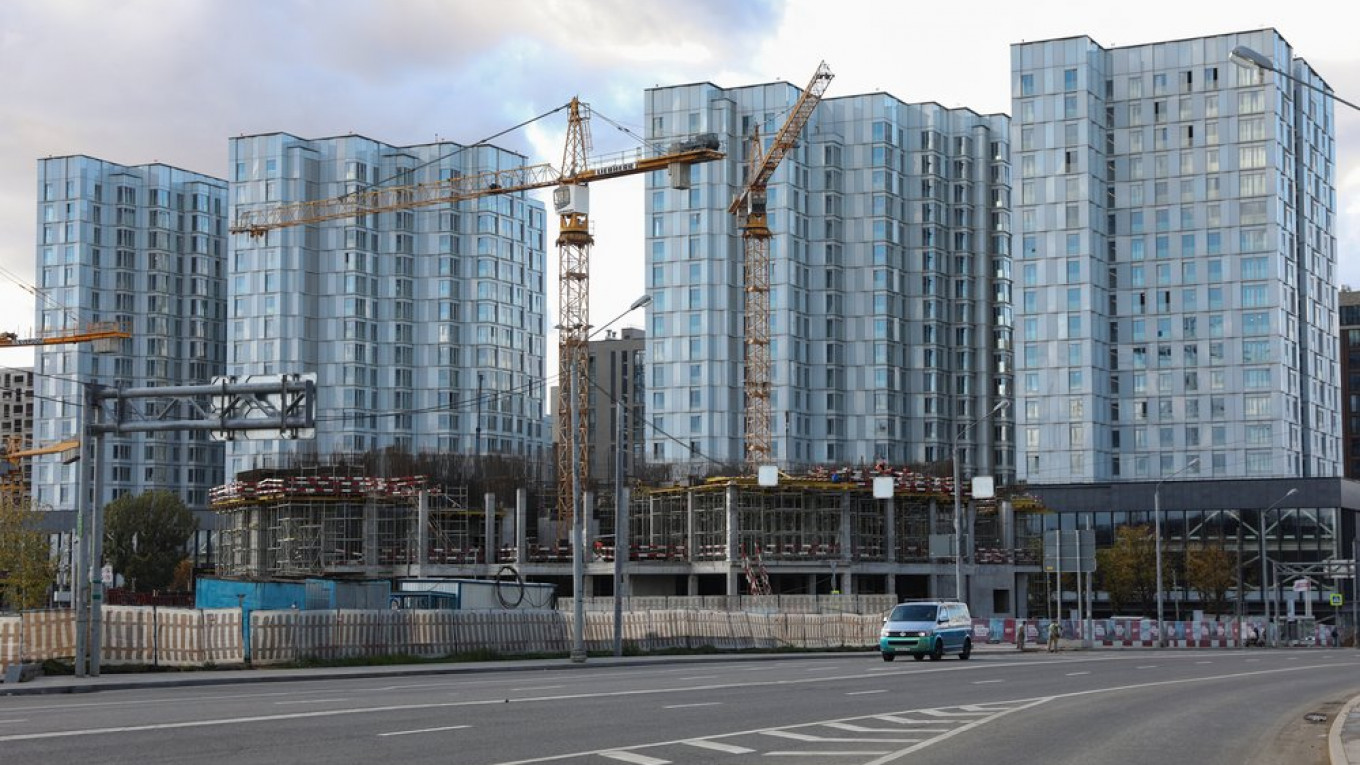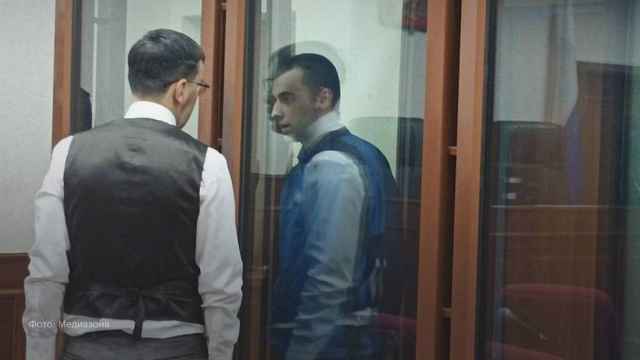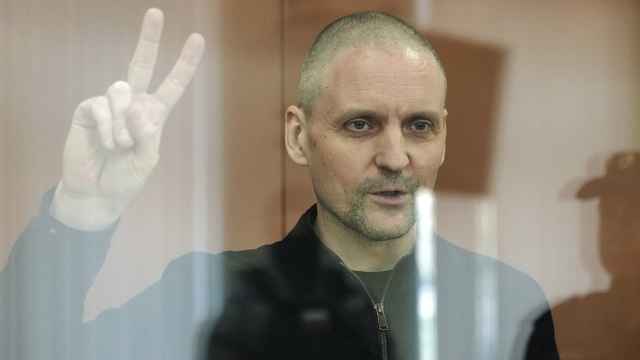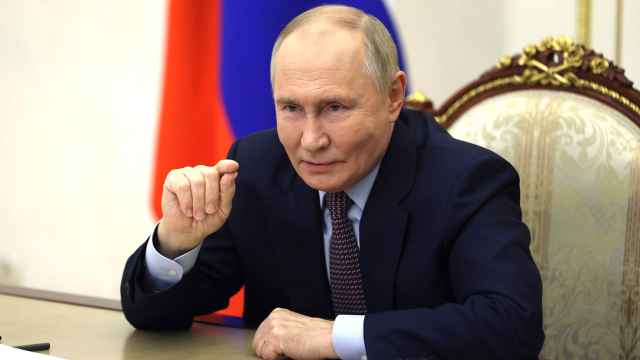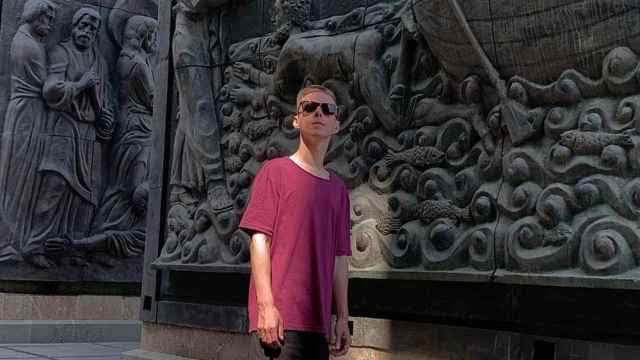Housing developers in the Russian capital built more high-rise residential complexes in 2020 than ever before, an industry report published Wednesday showed, highlighting the boom in Moscow’s construction industry despite the coronavirus pandemic.
More than 860,000 square meters of living space in skyscrapers — equivalent to 17,200 average sized apartments — was built in Moscow last year, according to analysts at Capital Group, one of Russia’s largest development companies. It defines residential skyscrapers as buildings with at least 33 floors, which typically stand over 100 meters tall.
Moscow’s construction industry is a rare bright spot amid the pandemic as a combination of record low interest rates, a state-supported cheap mortgage program and exemptions for the construction industry from forced lockdowns during the first wave of the coronavirus have helped support a house building boom.
Residential construction was 24% higher in Moscow and the surrounding area during the final quarter of 2020 compared with the same period the previous year.
High-rise buildings have accelerated even faster, said Capital Group. The record 2020 numbers were 60% higher than the previous annual high, set in 2018 and the living space completed last year was 30-times higher than in 2013 — a benchmark year for the Russian economy before the 2014-16 economic crisis and the imposition of western sanctions — which is widely used to track Russia’s economic performance.
Skyscrapers now make up a fifth of all new living space coming onto Moscow’s housing market, news site RBC reported.
The developers also pointed to increasing “Americanization” of Moscow’s living space.
“Residential buildings with 30 or more floors are becoming part of everyday urban development,” analysts said in a report. “Moscow is becoming more American, with more complexes not just of 100m tall, but 150m, and with unique architectural designs.”
The Kremlin has proposed extending a popular cheap mortgage scheme, rolled out at the height of the coronavirus pandemic last year, until 2024 to support the Russian economy. However, Russia’s Central Bank has warned cheap mortgages — at their lowest level in Russian history — could lead to riskier borrowing practices and may push back against an extension.
A Message from The Moscow Times:
Dear readers,
We are facing unprecedented challenges. Russia's Prosecutor General's Office has designated The Moscow Times as an "undesirable" organization, criminalizing our work and putting our staff at risk of prosecution. This follows our earlier unjust labeling as a "foreign agent."
These actions are direct attempts to silence independent journalism in Russia. The authorities claim our work "discredits the decisions of the Russian leadership." We see things differently: we strive to provide accurate, unbiased reporting on Russia.
We, the journalists of The Moscow Times, refuse to be silenced. But to continue our work, we need your help.
Your support, no matter how small, makes a world of difference. If you can, please support us monthly starting from just $2. It's quick to set up, and every contribution makes a significant impact.
By supporting The Moscow Times, you're defending open, independent journalism in the face of repression. Thank you for standing with us.
Remind me later.


